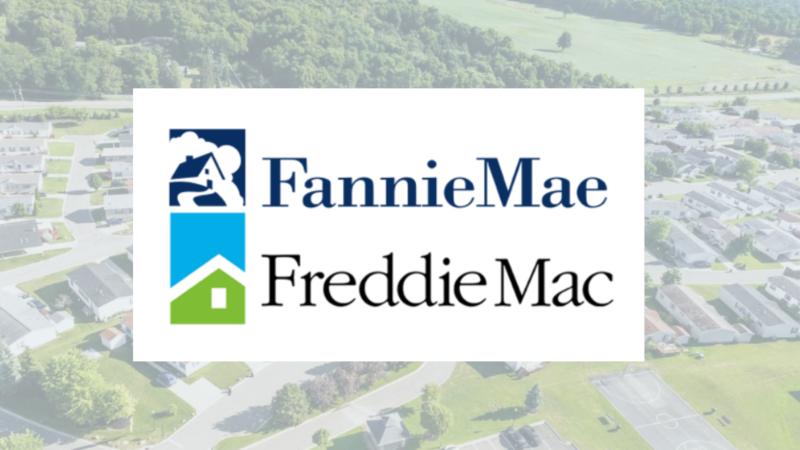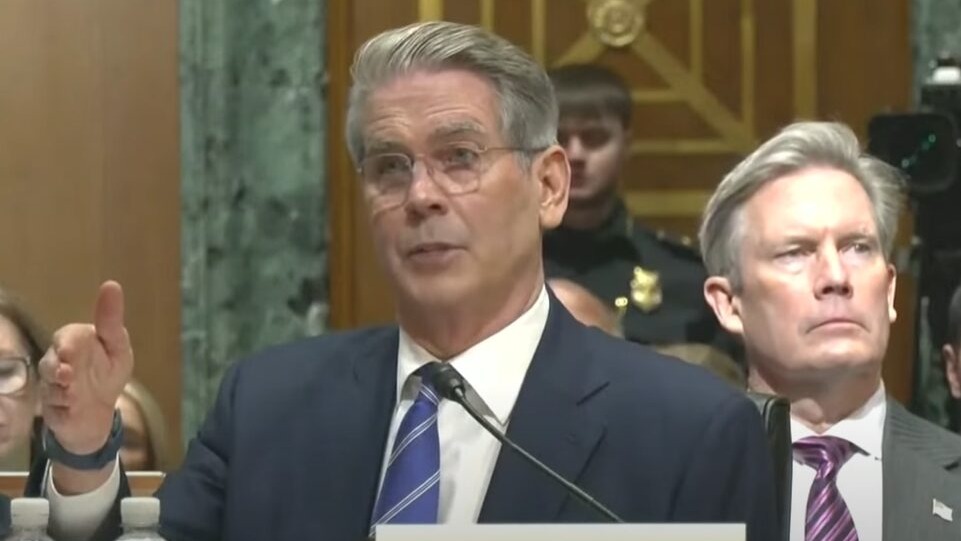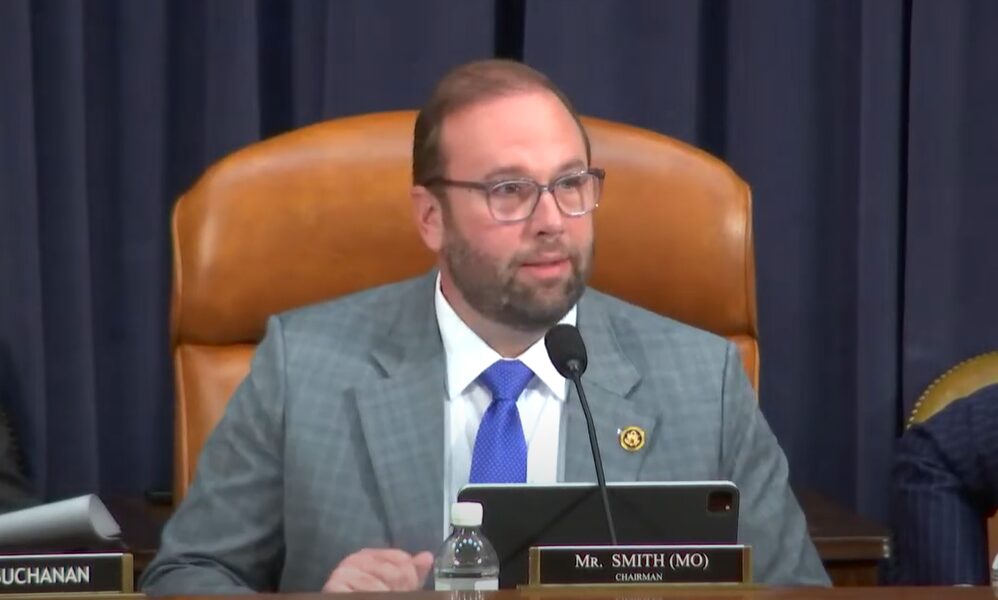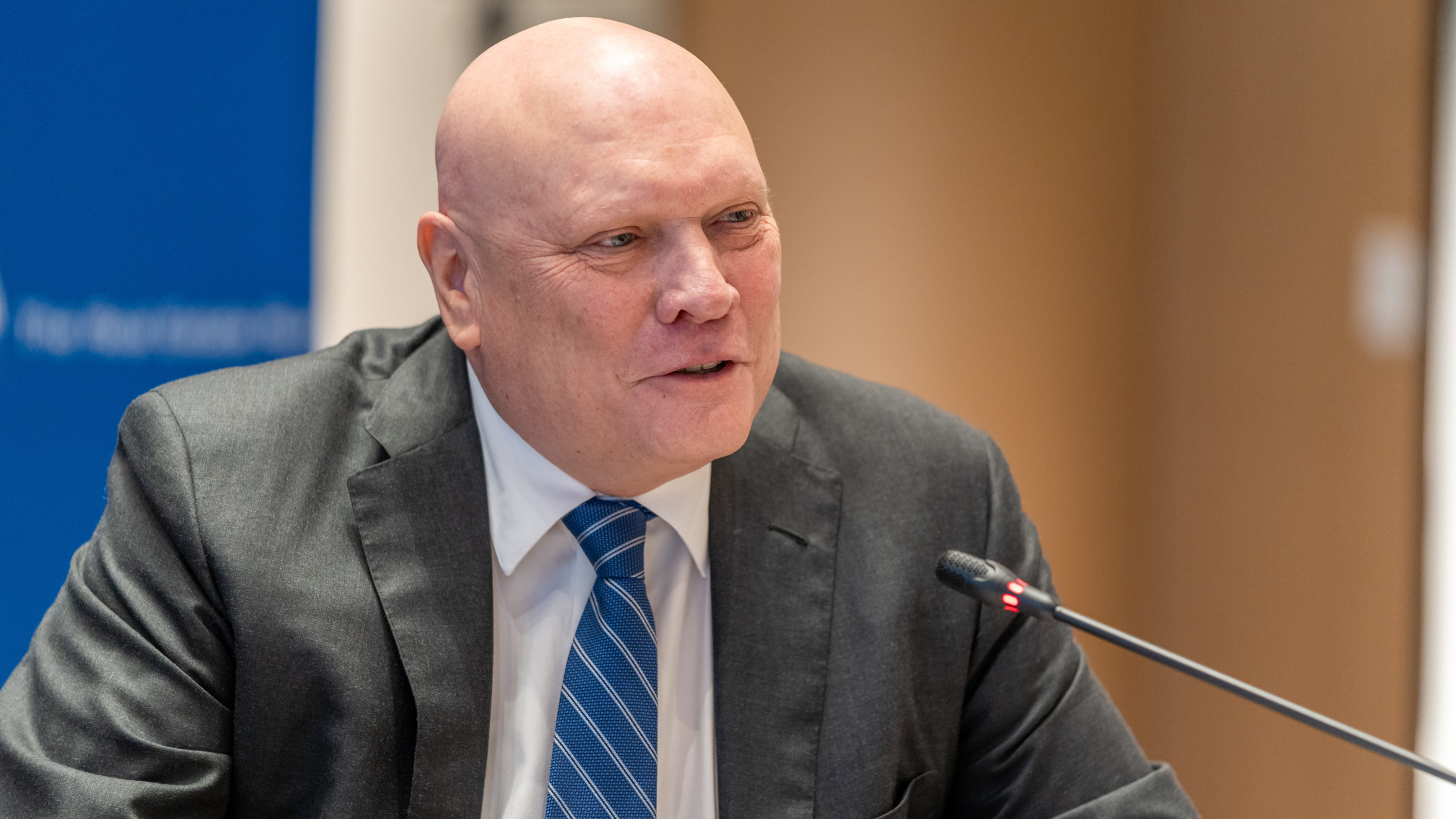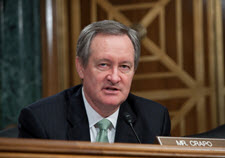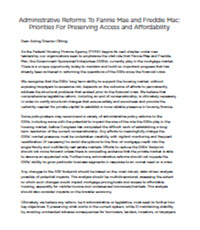
Scott Turner was confirmed Wednesday as Secretary of Housing and Urban Development (HUD) and outlined his top priorities, including privatizing Fannie Mae and Freddie Mac, streamlining HUD operations, reducing regulatory barriers to lower housing costs, and expanding opportunity zones to drive investment in underserved communities.
A HUD Overhaul
- Privatizing Fannie and Freddie: Turner has identified the privatization of Fannie Mae and Freddie Mac, the government-sponsored entities that guarantee most U.S. mortgages, as a top priority. (WSJ, Feb. 5)
- His department will collaborate with the Treasury Department and Congress on the process, though a clear timeline and level of commitment from the White House remain uncertain.
- While privatization could encourage more market competition, skeptics warn of potential disruptions in the $12 trillion mortgage market, including the risk of higher borrowing costs.
- Supply-side housing solutions: Turner has signaled a shift towards increasing housing supply to address affordability concerns, stating in his confirmation hearing that the U.S. “needs millions of homes” across all types of housing, including multifamily, single-family, and manufactured homes.
- The administration is expected to ease regulations that developers say have inflated construction costs, potentially rolling back Biden-era policies and implementing new incentives for affordable housing development. (Bisnow, Feb.6)
Opportunity Zones Revival
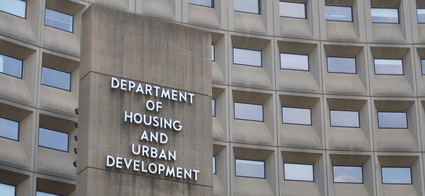
- Turner previously led the White House Opportunity and Revitalization Council (WHORC), and played a key role in driving the Opportunity Zones Initiative, and has committed to continuing this work. (AP News, Feb.5)
- The Roundtable has long championed Opportunity Zones (OZs) as a transformative tool to stimulate economic growth and increase the supply of affordable housing in low-income areas. By creating tax incentives for investments in designated low-income census tracts, OZs have channeled investment into areas most in need.
- RER has called on Congress to improve and extend the program, which is set to expire along with other key provisions of the TCJA at the end of this year.
- Sen. John Barrasso, (R-WY) highlighted Turner’s work on opportunity zones, saying he had helped bring $50 billion to 8,700 distressed neighborhoods. “These investments helped to revitalize many forgotten communities,” Barrasso said on the floor before the confirmation vote. (Roll Call, Feb. 5)
- Turner’s confirmation signals a significant shift in federal housing policy, emphasizing market-driven solutions, regulatory rollbacks, and public-private partnerships.
The Roundtable continues to encourage policymakers to enact measures that will expand America’s housing infrastructure. We also remain engaged in potential reforms to the GSEs to ensure that they continue to meet America’s housing finance needs.



